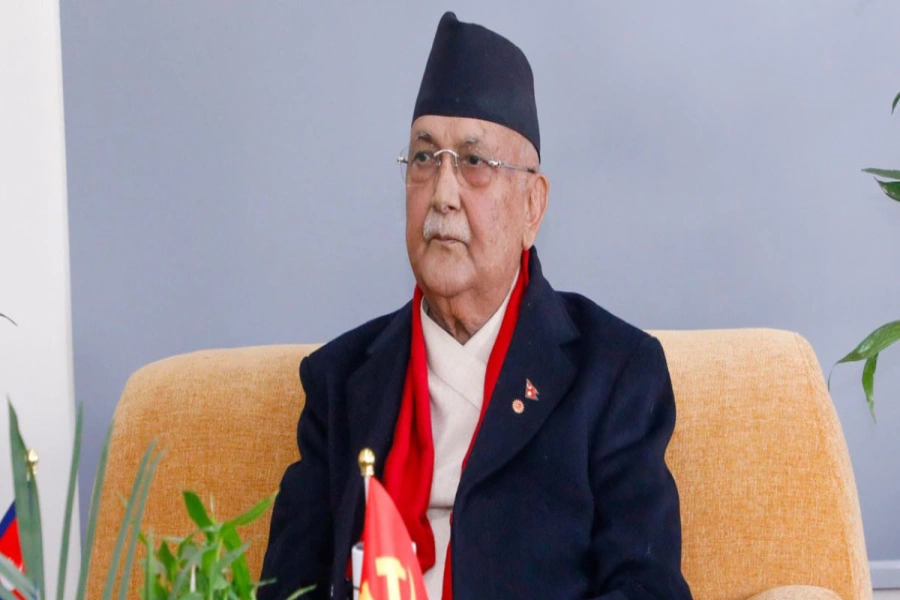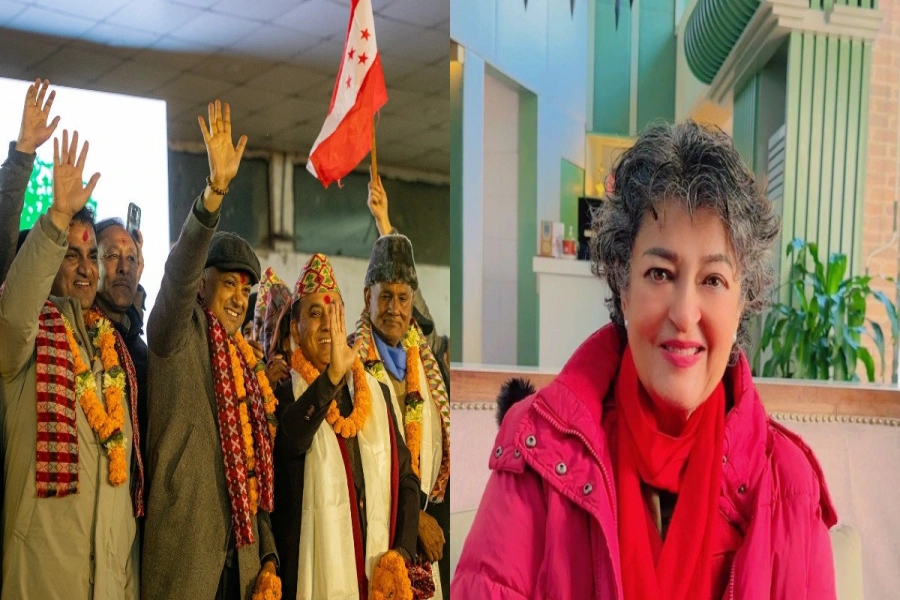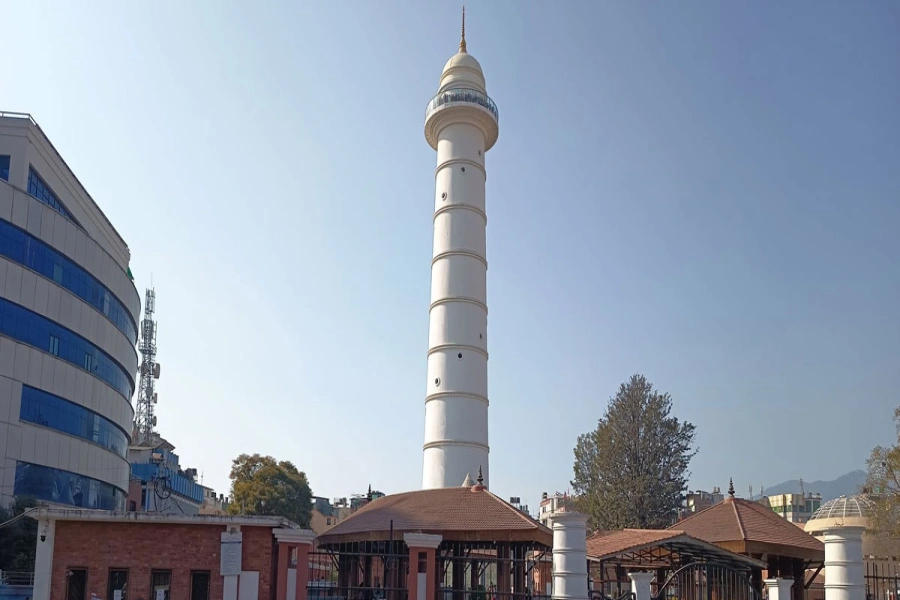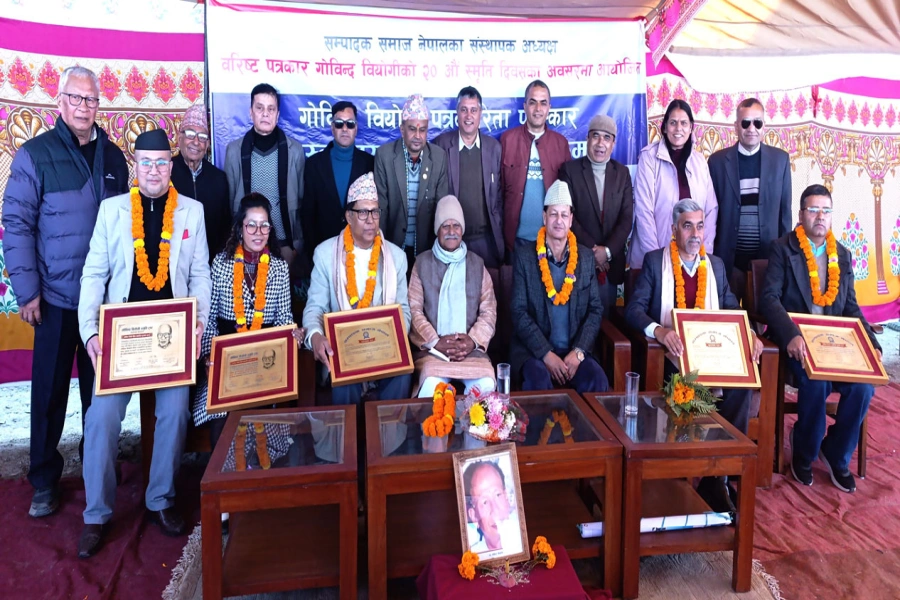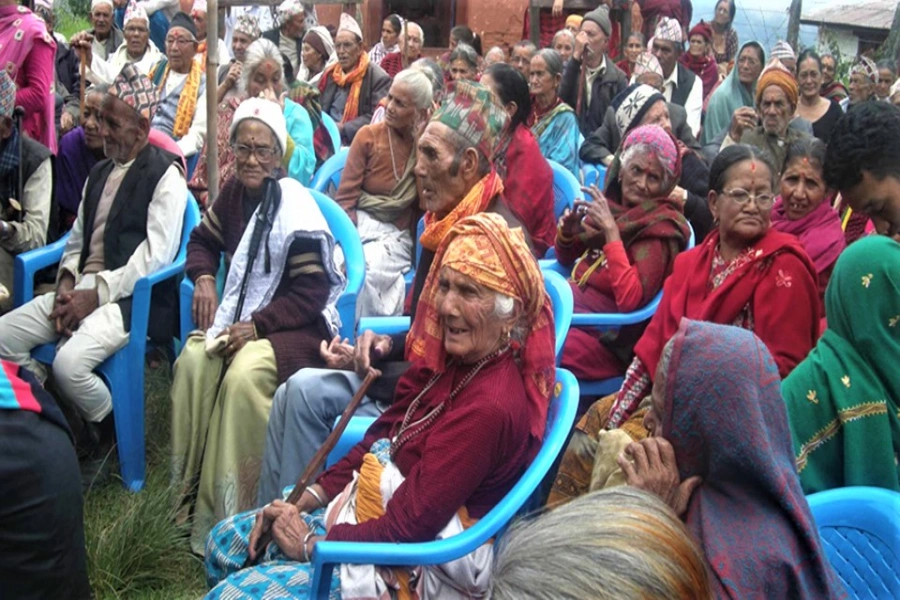KATHMANDU, April 2: Having directed such critically acclaimed movies as ´Fire´, ´Earth´ and ´Water´, Deepa Mehta has again come up with a new film ´Videsh: Heaven on Earth´, wherein she has framed the entire story in her trademark style, focusing mainly on cinematography, and a kind of presentation which is normally absent in other big-banner and commercial Bollywood films.[break]
First and foremost, Deepa Mehta´s ´Videsh: Heaven on Earth´ gives a lot of reminiscences of Jag Mundra´s ´Provoked´ where Aishwarya Rai had played the role of an abused Indian bride in a foreign land. If Mehta disagrees to the fact that the first half of the film has a lot of similarities with Mundra´s opus, she can´t deny that she wrote and directed the film under the inspiration of Girish Karnad´s play ´Naag Mandala.´Karnad is a writer, playwright, actor, and movie director in the Kannada language.
Happy Earth Day!


When it’s difficult to describe how good Preity Zinta is in her role as Chand in Mehta’s ‘Videsh,’ it’s equally a difficult thing to say whether this movie needs any special mention or not.
With a handful of relevant issues, including the reality of NRI (non-resident Indians) dreams, the politics of physical abuse and the economy of the imagination layered on Mehta’s drama one after the other, ‘Videsh’ in a nutshell is the story of a woman’s struggles for her identity and self-confidence in the face of domestic violence on alien shores.
Blended with Mehta’s typical ingredients like unspoken-unexpressed terror with a touch of mythological elements, this movie unfolds with Chand (Preity Zinta) getting married to a NRI family.
Before leaving her parental home and shifting into her spouse’s small apartment in Canada, all that Chand takes along with her are her mother’s tales and preachments, songs and mythology that follow her into her chamber of horrors. As she arrives in Canada, she’s fearful and little hopeful of her new beginning.
Dominated by terror and inhuman activities in the first half of the movie, the film loses its steam when Mehta introduces a snake-god in the backyard of Chand’s apartment, which turns into a human face of Chand’s husband Rocky (Vansh Bhardwaj), and later explains it as Chand’s hallucination.
Likewise, women’s sufferings in foreign lands and abuses by spouses and their family members are digestible and well framed in the film. However, Chand’s muttering songs to her own time sound overdone and too tad to listen to. Preity Zinta should’ve practiced more on her dialogues. At times, you hardly hear what she’s speaking; especially when she’s mumbling to herself, you feel like pressing the pause button and rewinding to listen to what she said again. Not because you liked it but because you want to comprehend what she’s spoken.

Chand suffers from all sorts of humiliation and tortures in her new home. She’s forced to work but isn’t given a chance to see her salary. She’s kept far from talking to her parents, and her mother-in-law (Balinder Johal) plays the character of predominant mothers-in-law often found in Indian communities and in most Indian daily soaps, too, who makes it tough for her children to settle into happily married life.
It’s hard to understand why Mehta’s permanent cinematographer Giles Nuttgens didn’t work as hard for ‘Videsh’ as the movie lacks proper shots and clear screening at many points. Giles must’ve overlooked these essential things in movies this time whereas his cinematography in ‘Fire’, ‘Earth’ and ‘Water’ were worth praising.
The screenplay of the film is boring at times; the movie runs slowly. Many a moment, you feel like, Come on, I get it; now just show me what next. The horrifying scenes of humiliation to Chand by his husband Rocky, and the beatings are too lengthy. Mehta rewinding the dominating song ‘Kangi Kara De’ more than five times gets out of head often.
It’s out of digestion to see how every time Chand hides in her bedroom for some poetic dialogues with her phantom soul mate, the snake god, who cares for her, makes love, consoles her, giver her succor to face the domestic violence and how to get rid of them.
Preity Zinta’s face expresses thousands of unexpressed longings trapped inside a heart that aches for its release and freedom.
Thoroughly deglamorized and devastated by her destiny’s cruel blows, Preity plays Chand with a dignity and depth that takes us by surprise. More than by body gestures, the expressions she delivers by her eyes and the emotions she produces on her face speak much more on the film than its other details.
Mehta, though she has successfully established the score in choosing the right characters in her film, loses her audience right away when she substitutes the prime theme of the film, domestic violence, by phantasmal ingredients and mythology.
Even by the time the movie is over, you’re not satisfied, however.
Overlooking these aspects, Preity Zinta steals the show, and if not for the concept of Mehta, the movie is watch-worthy for Zinta’s mesmerizing appearance, simple and silent, yet a packed protagonist.
Casts: Preity Zinta, Vansh Bhardwaj
Written and directed by Deepa Mehta
Rating: 2/5
Showing in Kathmandu at: Kumari Cinema Hall, Kamal Pokhari
Showtime: 09:15 AM; 12:15 PM; 3:15 PM; and 6:15 PM
















